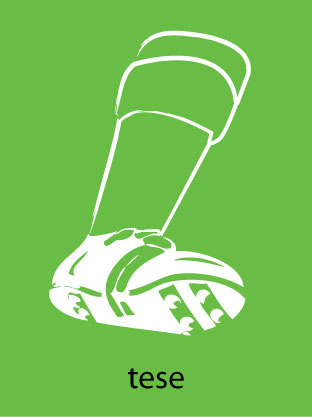A luta dos movimentos sociais por moradia levou à inclusão da Política Urbana na Constituição de 1988 e ao reconhecimento jurídico do direito à moradia, resultando na criação de diversos instrumentos para sua efetivação. A complexa e desigual realidade brasileira, entretanto, mantém os direitos sociais sob constante ameaça. Nesse contexto, as mudanças legislativas e as obras de infraestrutura justificadas pela Copa do Mundo de 2014 no Brasil geraram uma tensão sobre as conquistas urbanas. Assim, a pesquisa consistiu em avaliar como a realização da Copa do Mundo impactou a efetividade do direito social à moradia e do regime jurídico urbanístico. Ao mesmo tempo, foi analisado o papel das lutas urbanas emergentes como estratégia de resistência. A hipótese é a de que a realização da Copa alterou qualitativamente o regime jurídico urbanístico, afetando sua capacidade de produção de efeitos, bem como impactou negativamente o direito à moradia. O objetivo central da tese é analisar os impactos das mudanças legislativas, administrativas e urbanísticas – realizadas sob a justificativa da Copa – no regime jurídico urbanístico protetivo ao direito à moradia. O estudo da legislação justifica-se pela necessidade de avaliar o comprometimento institucional com a efetividade dos direitos sociais. A partir da análise realizada, conclui-se que o processo de reconhecimento dos direitos urbanos, a partir dos anos 1980, resultou na estruturação de um regime jurídico urbanístico protetivo ao direito à moradia. As mudanças legislativas da Copa comprometeram o Estado com uma agenda contraditória ao regime jurídico urbanístico, afetando sua força normativa. Isso porque foi criada uma institucionalidade amistosa à FIFA, resultando na adesão dos gestores ao planejamento empreendedorista que, tornado hegemônico, suspendeu a eficácia dos princípios da gestão democrática e das funções sociais. Seu legado é a mutação do regime jurídico, a flexibilização de direitos, a mercantilização do território e a apropriação privada de capitais. A Copa também tornou os planos diretores e os instrumentos do Estatuto da Cidade, em grande medida, irrelevantes, pois o modelo de planejamento dos megaeventos é avesso à proteção da moradia. A histórica tolerância para com os despejos, por sua vez, colaborou para viabilizar as remoções, o que tem caracterizado a realização de megaeventos. Assim, a realização da Copa impactou a efetividade do direito à moradia e do regime jurídico urbanístico. No entanto, emergiram lutas urbanas de resistência contra as remoções e de reivindicação do direito à cidade, contrapondo-se às ações justificadas pela Copa e ao planejamento neoliberal. Tais lutas, unificadas pela ideia de direito à cidade, renovam o regime jurídico urbanístico, recolocando na agenda pública os temas do planejamento democrático e do direito à moradia.
Palavras-chave: Direito à moradia. Copa do mundo. Planejamento urbano. Movimentos sociais. Direito achado na rua.


